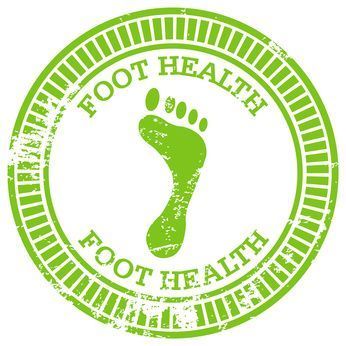Refund
Recently, one of our patients told us about the lack of information on our site regarding reimbursement for our care.
To remedy this, here are three things you need to know about it:
1) Basic insurance does not recognize podiatrists as care providers, nor if you are diabetic or otherwise at risk of developing foot complications (chemotherapy, dialysis, transplant, multiple sclerosis, arterial insufficiency etc.) , or even if your doctor gives you a prescription. Of course, this is not logical, but currently it is like that.
2) To have a chance of having your podiatry treatment reimbursed by supplementary insurance, you must have a medical prescription specifying why you need it. Make sure your doctor has written “podiatrist” and not “pedicurist” there. The greatest confusion reigns around these two terms. Depending on your state of health and the needs of your feet, it is important to differentiate between these two terms:
The term “podiatrist” (or “podiatrist-podiatrist” depending on the canton) refers to health professionals who:
- Have completed three years of training at the higher school of podiatrists in Geneva, or deemed equivalent, and who regularly follow continuing training Have a license to practice issued by the cantonal doctor's service Use instruments sterilized according to the standards of hygiene in force (which generates a certain cost, taken into account in the podiatrists' prices)
The term “pedicure” is not (anymore) protected by law. Today (since 2012 in the canton of Geneva, unless I am mistaken) this term only refers to aesthetic treatments offered in beauty and wellness institutes. When you see manicure and pedicure offers in nail salons and hair salons, you should know that it is not a "medical pedicure" as they used to say, but a " cosmetic pedicure”. The law requires the sterilization according to current standards of any instrument likely to cross the skin barrier.
3) To avoid unpleasant surprises, you must ask the question directly to your supplementary insurance. Their standard response is: “We do not reimburse podiatrists. If you want to get reimbursed, you have to get treatment from a nurse.” The problem is that only podiatrists are specifically trained (3-year full-time graduate school) to detect, prevent and treat the wide range of conditions affecting the nails and skin of the feet. Again this is not logical, but for now it is like this.


